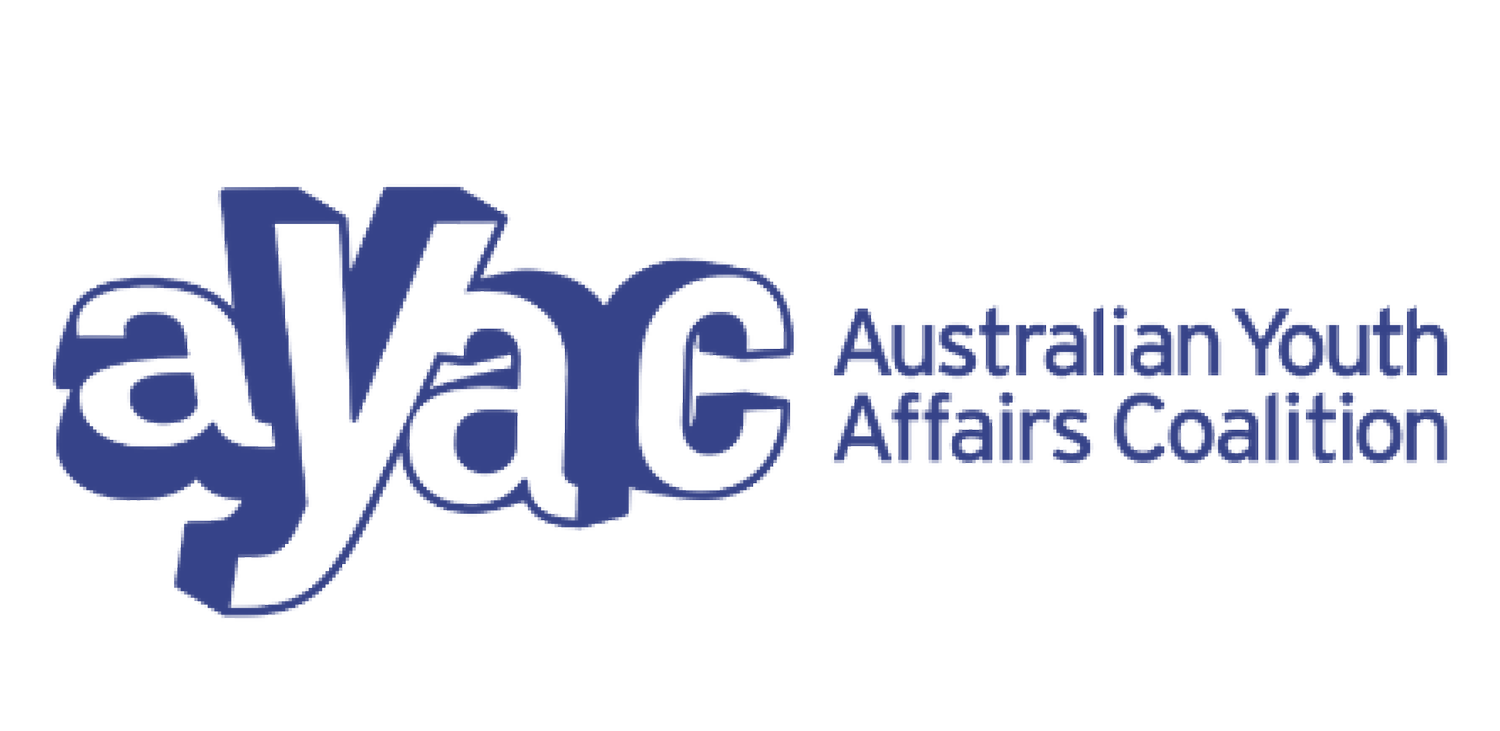Disability employment: Barriers, obstacles, and hurdles.
By Caitlin | 24 years old | Melbourne/Dandenong
Imagine you are heading down the street on your way to work when suddenly a wall just appears in front of you blocking your path. You step around the wall and continue, only to find another around the corner. This one you can’t walk around but you are able to crash through. You keep going until another wall appears. This one is long and solid. No way around or through. Instead, you must turn around and take a detour. Frustrating, right?
This is the common reality for young disabled people seeking employment.
Each journey is unique, with similar themes. Each person’s disability is as unique as they are. Everyone is the expert in their own story and should be provided adjustments to succeed.
My name is Caitlin, and I am 24 years old. I’ve been in severe chronic pain for the last 10 years due to Spondylolisthesis and associated neuralgia. Despite persevering with my education, I am struggling to find a job with the reasonable adjustments I require.
At 17 years of age (Year 11) I underwent a spinal fusion which stablished my spine but did not succeed in managing my pain. At 18 (Year 12) I underwent surgery for a spinal cord nerve stimulator (a limited success). No other treatments have helped. Despite these challenges I completed Year 12 and went on to complete both a Bachelor of Psychological Science and a Master of Social Work.
The reasonable adjustments I need are straight forward. Part-time, with a hybrid option. A soft office chair. Limited physical strain. I’ve now applied for well over 50 jobs. As a new graduate, I'm competing with people with more experience and people who don't require adjustments.
A government organisation was very keen to hire me, but once they realised I required 0.8 FTE hybrid work, they said they could only do this after the 6 month probation period. Which means I could not do it. That turned into one of those walls on my journey that I could neither walk around nor knock down.
My story shines a light on the continuing barriers to employment for disabled job seekers.
I know that I can work well and responsibly via remote/hybrid, as I did my first placement at Uniting Hybrid, and my second placement at Youth Disability Advocacy Service (YDAS) fully remote, and I got just as much experience and growth out of these placements as someone on-site.
Before COVID, employers would never consider work from home arrangements. A common complaint from employers is they cannot monitor workers at home. I would argue that if someone is not doing their work, it becomes quickly obvious. In this sense specifically, COVID was a blessing for disabled people.
It is evidenced that disabled people have higher retention and lower turnover rates than non-disabled people. If employers are interested in hiring disabled people or improving their understanding, several organisations offer great training.
With the necessary adjustments, disabled people are great employees. We just need to be given a chance to succeed.
The views expressed in AYAC’S youth blog are personal and and not an endorsement of AYAC; we value and encourage the diverse perspectives of young people.
